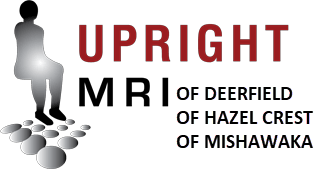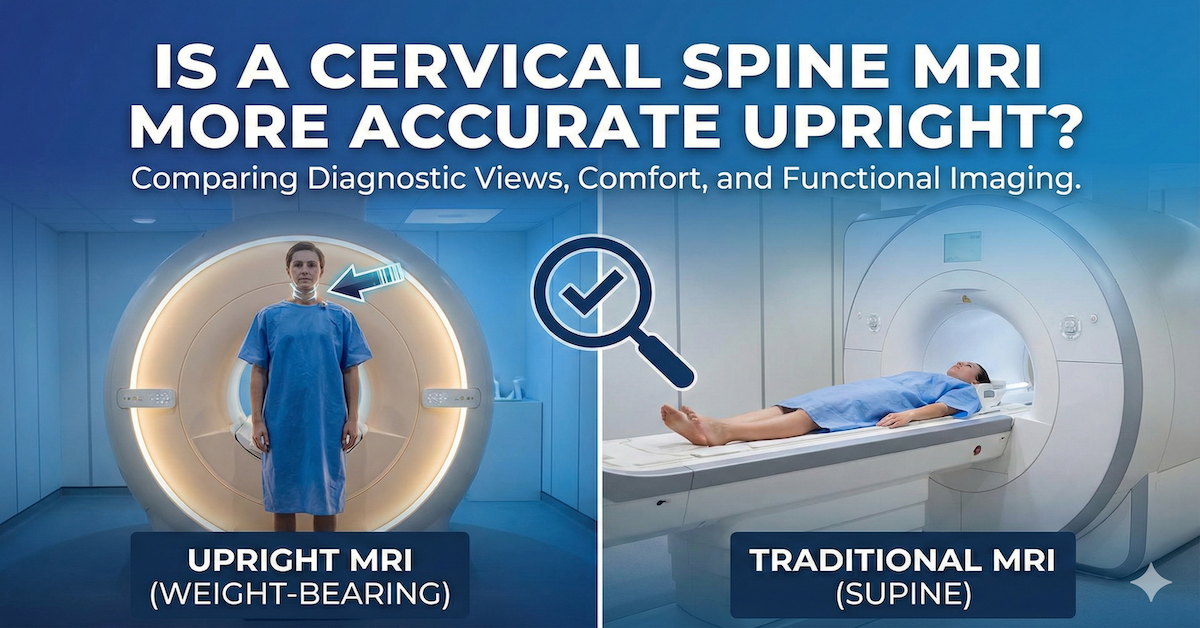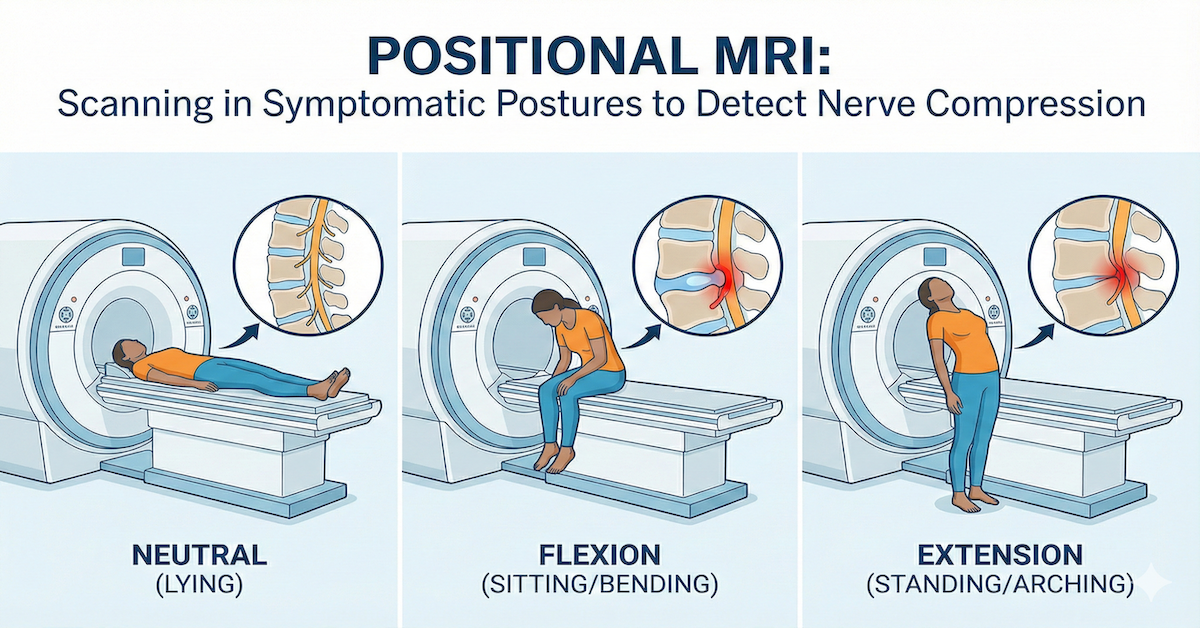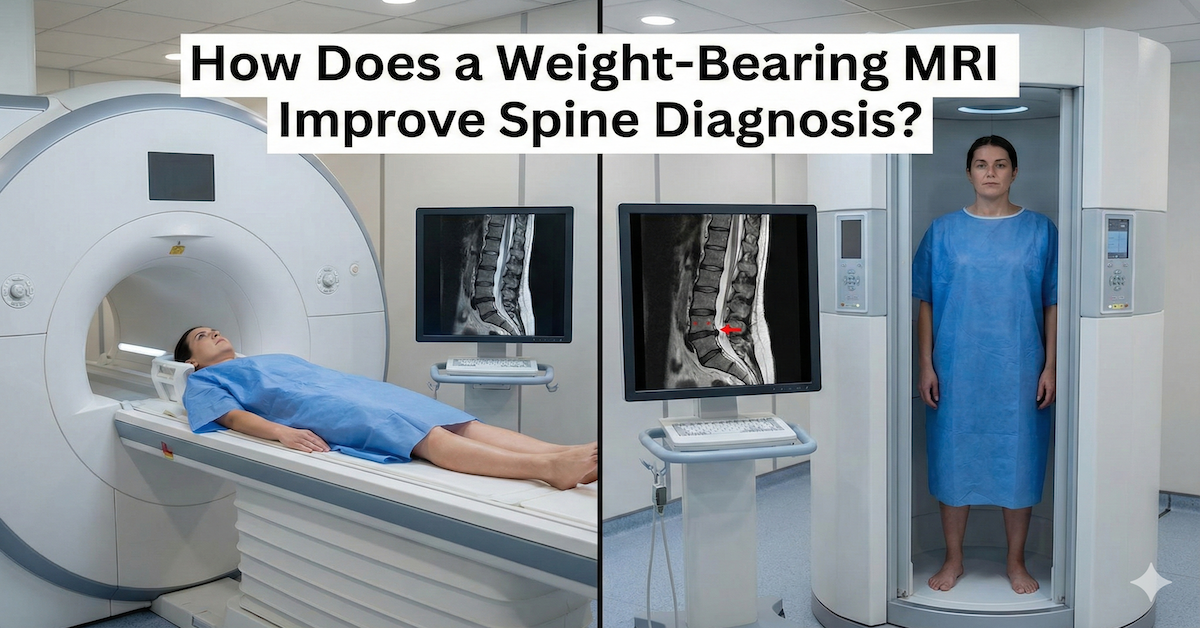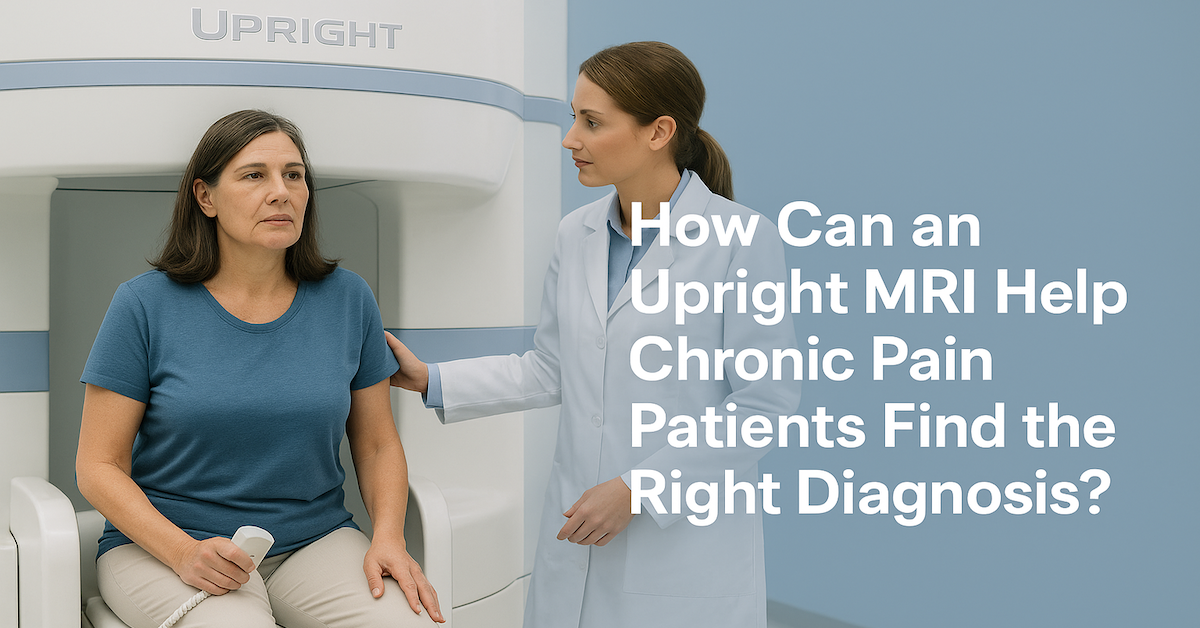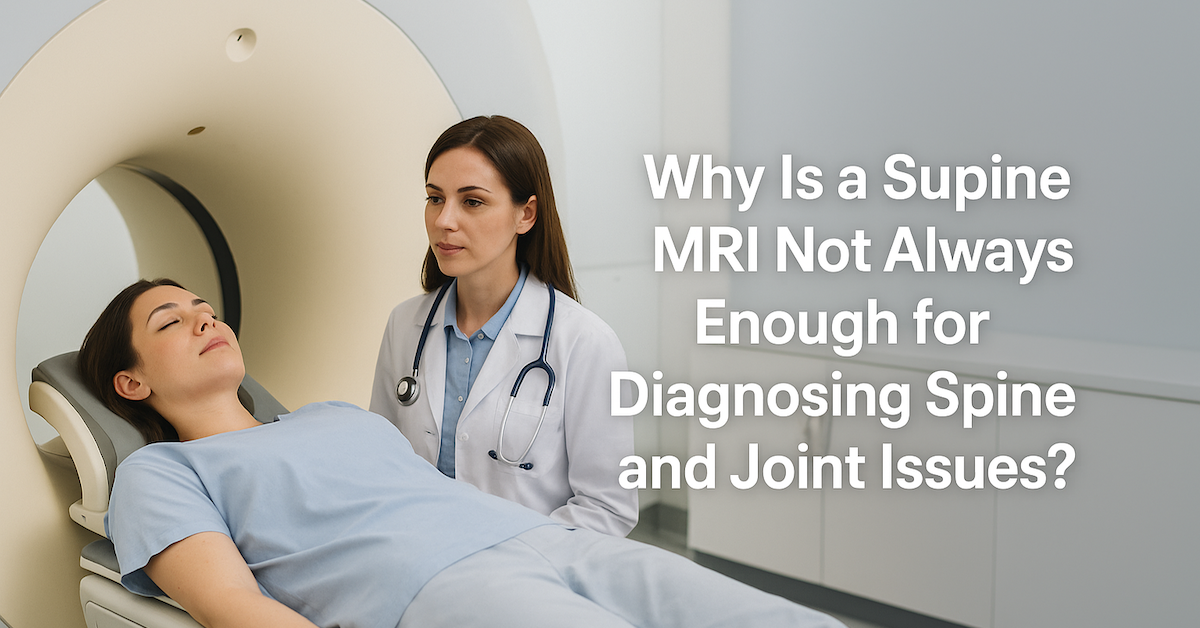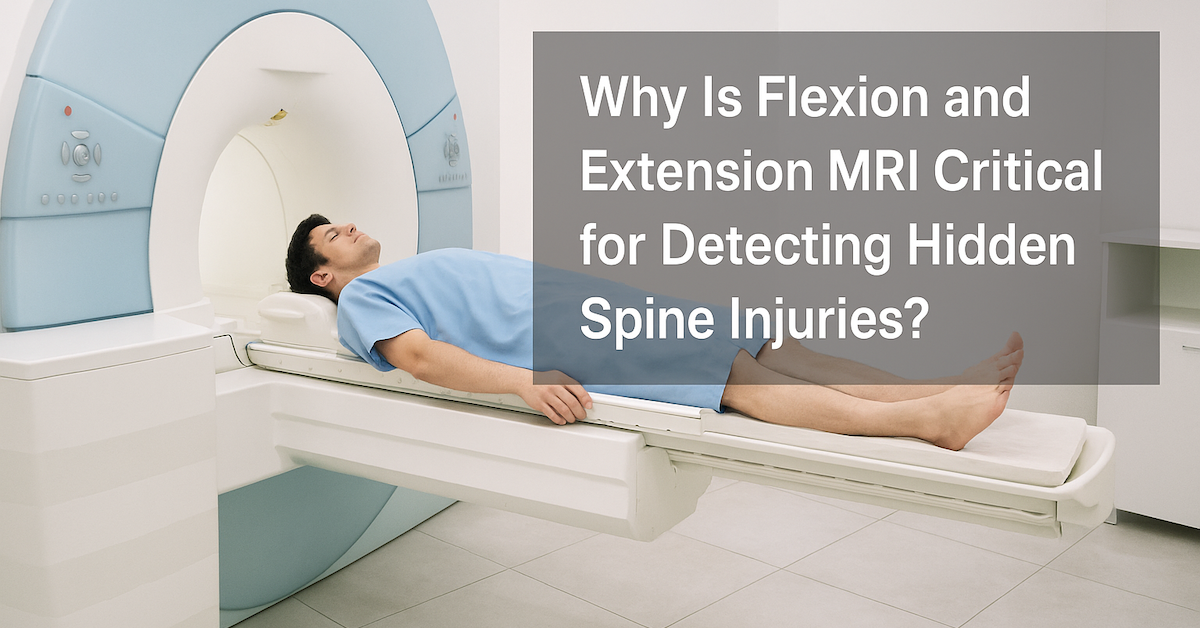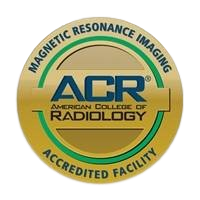New MRI Research: Children with ADHD Have Few Scan Contrasts
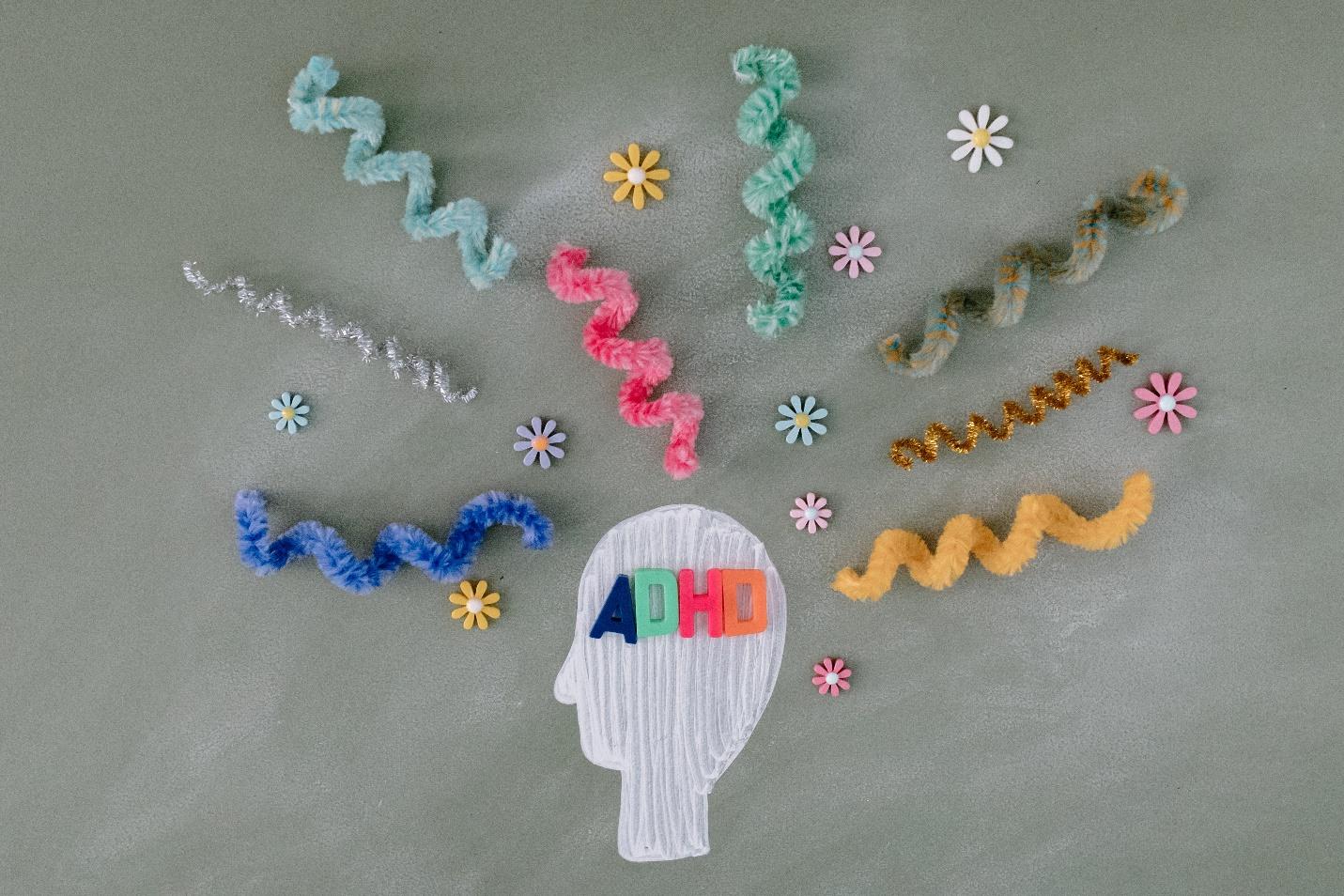
New MRI studies show interesting findings of a common mental disorder
A new study led by a Duke University School of Medicine researcher found that children with ADHD showed few differences in their brain MRI scan compared to unaffected children.
Researchers analyzed the MRI brain scans of over 10,000 children aged 9-10 years old to conduct the test. Of them, 949 had ADHD. They compared the children who met the criteria of having ADHD with those who did not and found only 11 differences across 79 brain measures, noting that the differences were too minor to be helpful in diagnosing the disorder.
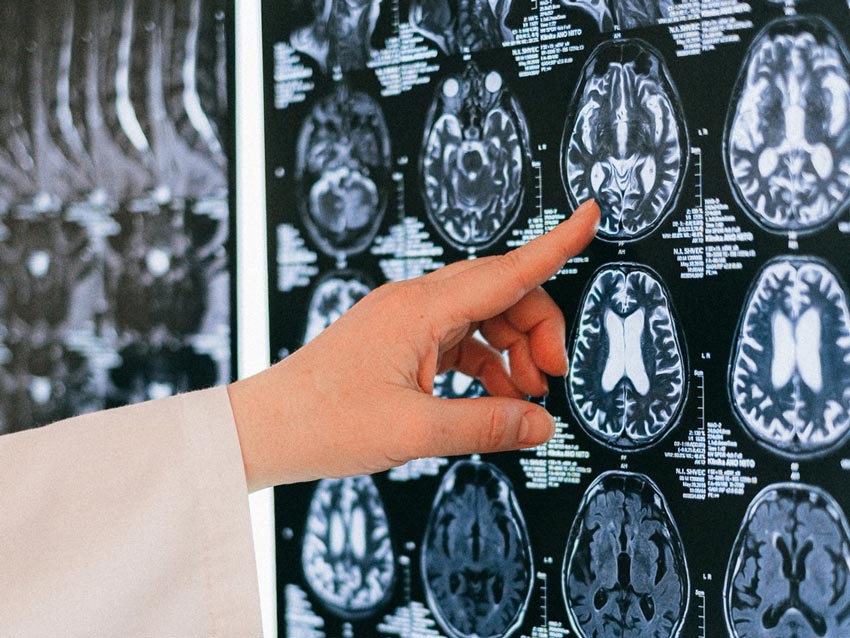
What is ADHD?
Attention-deficit/hyperactivity disorder (ADHD) is a very common mental disorder, affecting 8.4% of children and 2.5% of adults. Symptoms often include the inability to focus, inability to sit still, and impulsivity.
What are ADHD symptoms?
ADHD is often most noticeable at a young age when it inevitably becomes apparent while doing schoolwork and disrupting the classroom. It can be more pronounced in children because their difficulty to pay attention and hyperactivity is much greater than expected for their age, and it can cause distress at school and with friends.

There are three types of diagnosed ADHD: Inattentive type, hyperactive/impulsive type or combined type.
The inattentive type’s typical symptoms are:
- Doesn’t pay attention to details at work or in school
- Doesn’t pay attention when being spoken to
- Has trouble organizing and completing tasks
- Avoids tasks that require mental energy
The hyperactive type’s common symptoms include:
- Constantly fidgets, squirms or taps feet and hands
- Has trouble staying seated
- Talks too much
- Inappropriately runs or climbs on things
- Blurts out answers and interrupts in class
The combined type has both of these types of symptoms.

Diagnosis of ADHD
There is no brain scan or lab test that can diagnose the disorder. Instead, it’s diagnosed through a medical examination (to rule out medical problems) and gathering information about the patient through parents, teachers, etc.
Cause of ADHD
The cause for the disorder is unknown, and this study has further proven there are few physical differences in a child with ADHD’s brain versus an unaffected child. There is evidence that is it is genetic – three out of four children with the disorder have a diagnosed relative.
Researchers and scientists continue to examine other possible factors contributing to symptoms, such as brain injuries, being born prematurely, the mother smoking or drinking while pregnant, or extreme stress while pregnant.

Conclusion
While MRI can’t diagnose ADHD in patients, researchers continue to use MRI imaging to learn more about the disorder and determine what’s happening in a person’s brain when they have symptoms of it.
While this study determined from MRI imaging that there are few physical differences in the brain of a child with ADHD versus an unaffected child, researchers and scientists still conclude that ADHD is a biological disorder.
To learn more about mental disorders and how MRI imaging can help diagnose them, visit Upright MRI of Deerfield, the world’s most patient friendly MRI scan.

SHARE THIS POST:
Leave a Comment:

The World's Most Patient-Friendly MRI. A comfortable, stress-free, and completely reliable MRI scan. We offer patients an open, upright, standup MRI experience that helps those who are claustrophobic and stress being in a confined area. Upright MRI of Deerfield is recognized as the world leader in open MRI innovation,
Our Recent Post
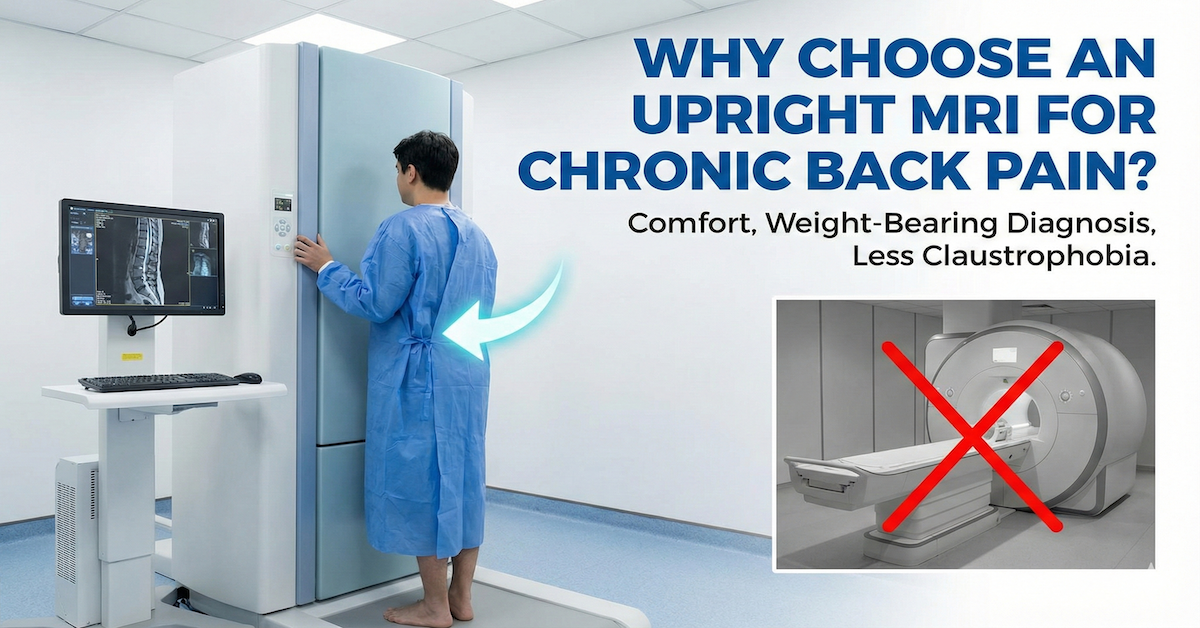
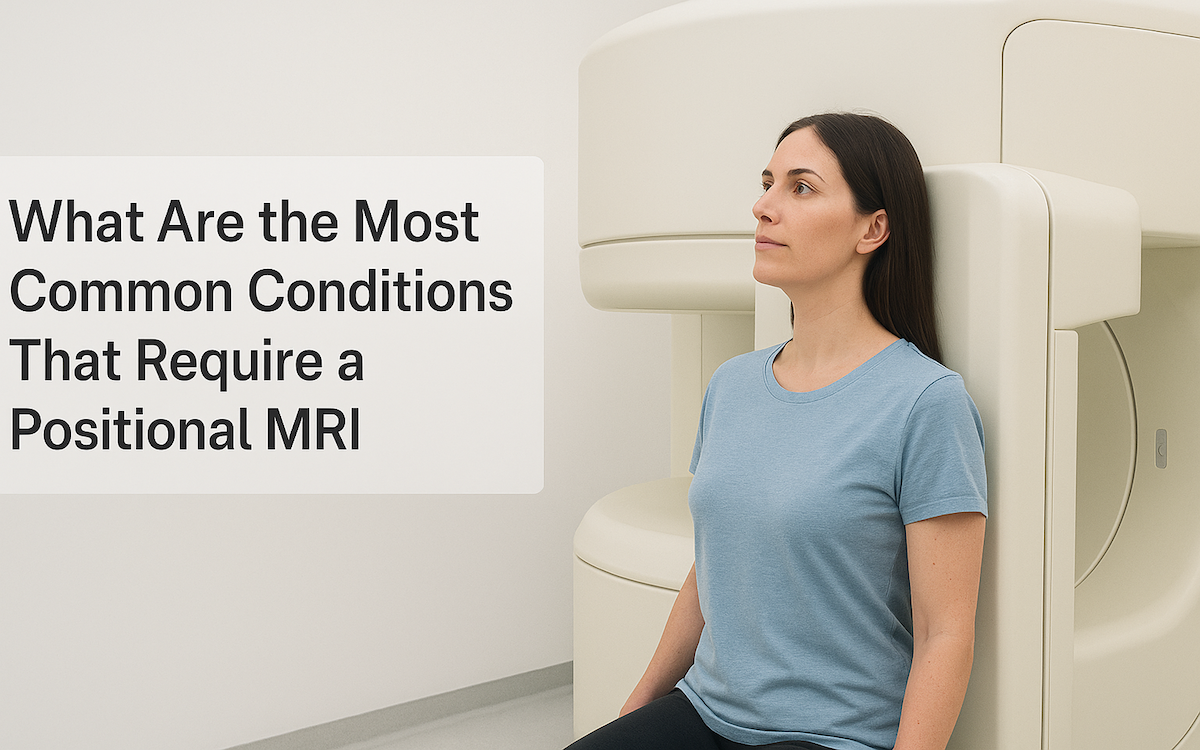
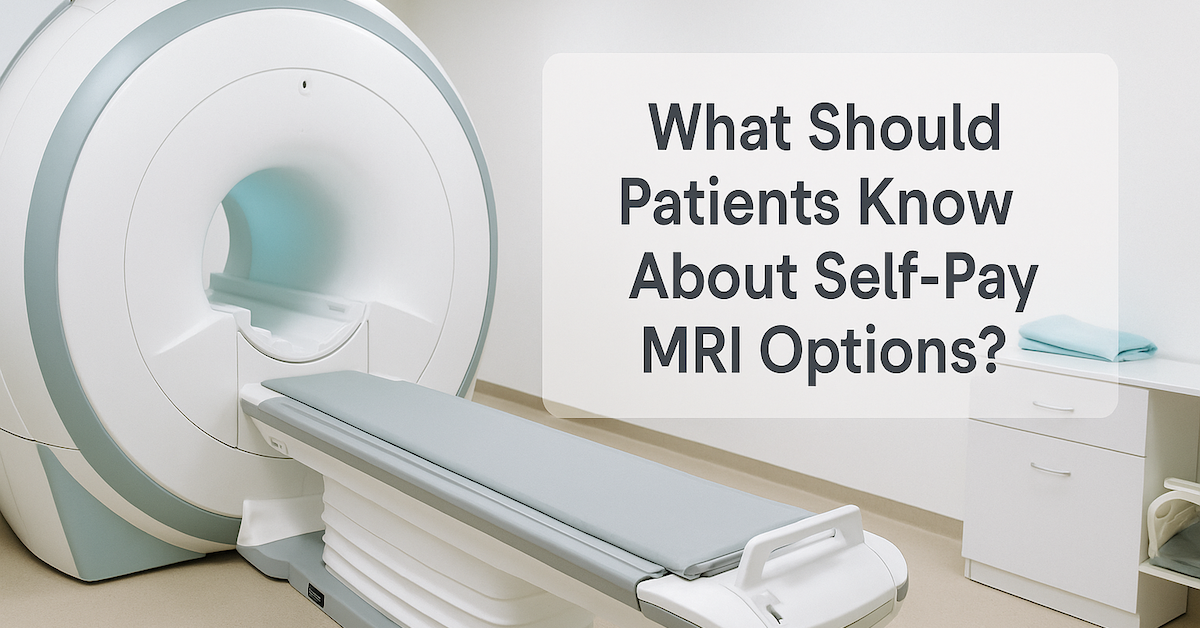
READ PATIENT TESTIMONIALS
Upright MRI of Deerfield.
Susan D.,
Highland Park, 39
I am going to tell everyone about your office! This was a great experience after I panicked in other MRI machines and had to leave. Thank you so much.

Judith B.,
Milwaukee, 61
I suffer from vertigo and other MRIs do not work. This was wonderful…absolutely NO discomfort at all. The MRI was so fast…I wanted to stay and watch the movie! Mumtaz was great. His humor really put me at ease. I’ve already recommended Upright MRI to friends.

Delores P.,
Glencoe, 55
Everything is so nice and professional with your place. I have been there a couple of times. My husband and I would not go anywhere else.

